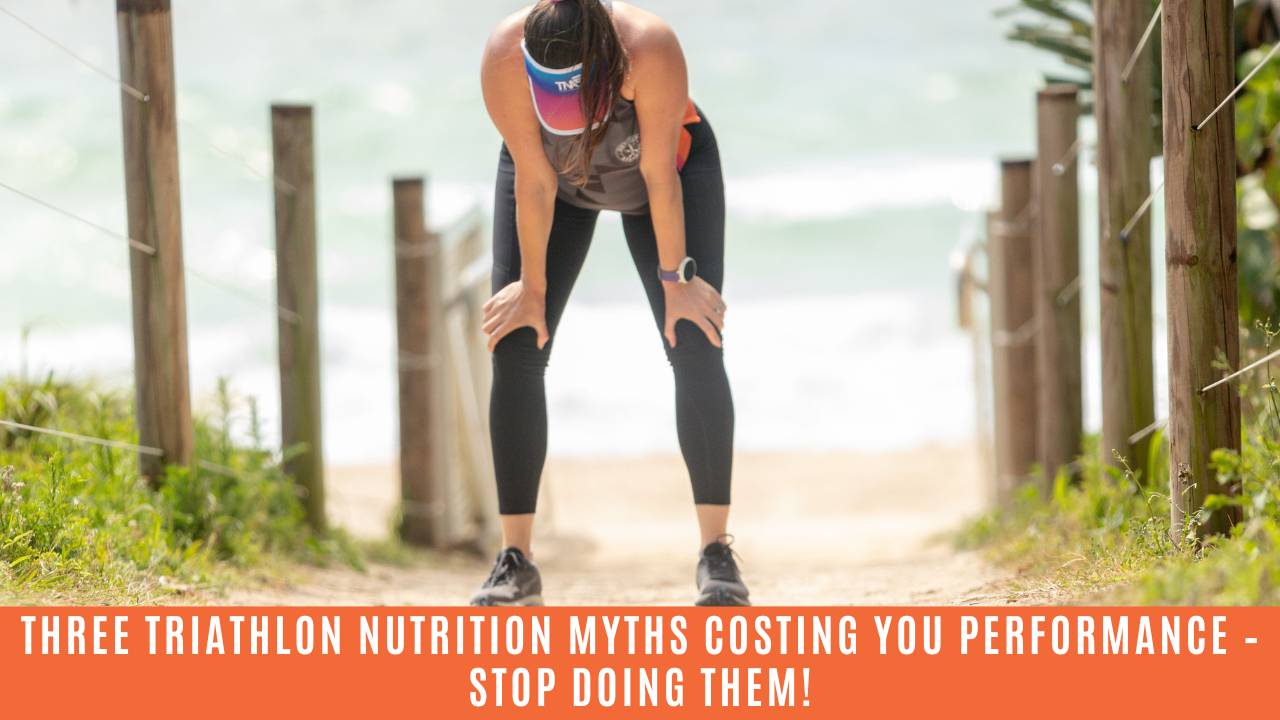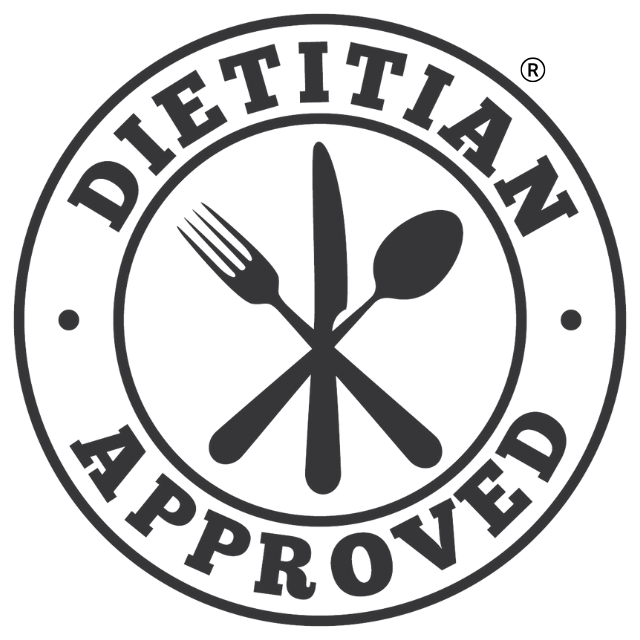Three Triathlon Nutrition Myths Costing You Performance – Stop Doing Them!
Jul 18, 2025
If you’re an age-group triathlete still chasing race weight or skipping breakfast thinking it’ll burn more fat, it’s time for a reality check.
Despite the endless podcasts, YouTube gurus and blog posts, some triathlon nutrition myths just won’t die. And in 2025, athletes are still falling for outdated advice that’s tanking performance and holding back results.
So let’s bust the top three myths I see every single week in clinic and inside my programs. These are the sneaky ones that sound smart on the surface—but under the hood? They’re leaving you flat, hangry and underperforming.
Myth 1: Race Weight = Race Day Speed
If you’ve ever thought, “I just need to drop a few kilos to hit my PB,” this one’s for you.
Here’s the truth: Lighter doesn’t always mean faster.
I’ve worked with hundreds of triathletes over the years, and here’s what actually moves the needle—fueling properly for training and recovery, not starving yourself into ‘race shape’.
Take Erin Byrge. She spent a decade chasing weight loss, but once she started fuelling for performance instead? Boom—PB after PB, with no shift on the scales. Same for Jason and Kelly. Their best results came when they stopped obsessing over body composition and started eating like athletes.
Why it matters:
- Undereating = poor recovery, sluggish sessions, and fatigue
- Weight loss efforts often sabotage strength, endurance and adaptation
- Your best performance isn’t tied to a number on the scales—it’s tied to how well you fuel
Myth 2: Fasted Training Burns More Fat
The logic seems solid—train on empty, burn more fat. But here’s the catch: your body doesn’t work like a maths equation.
Sure, fasted training can increase fat oxidation in a session.
But, what actually matters is your overall energy balance across the day.
Skip brekkie before your long ride and you’ll likely:
- Train at a lower intensity
- Recover slower
- Hit an arvo energy slump that leads to bingeing later
Instead of getting leaner, you just end up more tired, more snacky, and more frustrated.
The fix? Use fasted sessions as a strategic tool—not an everyday tactic. But only after your fuelling foundations are rock solid.
Myth 3: You Must Track Every Calorie to See Results
Look, I get it. Triathletes love data. But logging every bite in MyFitnessPal?
It’s not the magic bullet.
Here’s why:
- Energy intake and output estimates are wildly inaccurate
- Your needs change day-to-day based on training load
- Tracking often triggers guilt, restriction and “yolo” weekends
What actually works?
- Learning how to build meals for different training days
- Understanding fuelling for different session types
- Knowing what your body needs—not what an app tells you
Real nutrition knowledge > calorie spreadsheets. Always.
What To Do Instead
If you’re nodding along to any of these myths, it’s time to upgrade from DIY guessing to a real strategy.
The Triathlon Nutrition Kickstart course is the place to start. It’s a step-by-step system designed specifically for triathletes who are ready to:
- Fuel training properly
- Nail pre-, during- and post-session nutrition
- Build meals that support performance and recovery
No more cobbling together random advice. Just clear, science-backed guidance that actually works.
👉 Join the Kickstart course now
Next Steps:
- Want to see if you're already nailing the basics? Download the free Triathlon Nutrition Checklist
- Curious about blood tests that matter for performance? Check out Blood Tests for Triathletes
- Or grab our free Weekly Meal Planner Template to take the guesswork out of daily nutrition
Ready to level up your nutrition?
Start with the Triathlon Nutrition Kickstart Course.
The ULTIMATE
Triathlon Nutrition Checklist
Wondering how well you're nailing your nutrition to support triathlon training and racing?
Download my FREE 50 step checklist to triathlon nutrition mastery.
We hate SPAM. We will never sell your information, for any reason.


